Indoor plants don’t just make great decoration, they also have many benefits to your health. The majority of people spend most of their time inside either at work or at home. Indoor plants can help to reduce the amount of indoor polluted air, contaminated by volatile organic compounds (VOCs), that occur in an enclosed environment. VOCs can cause headaches, nausea and sore or itchy eyes, impacting your health, mood and productivity. Plants absorb the pollutants and emit oxygen, refreshing the air we breathe. The NASA Clean Air study (1989) found that plants remove up to 87% of VOCs every 24 hours .
Studies at the Agricultural University of Norway found that the presence of indoor plants decreased the incidence of dry skin, colds and sore throats. Indoor plants have also been found to improve concentration and productivity levels (Nieuwenhuis et al., 2014; Raanaas et al., 2011) and to reduce stress (Dijkstraa et al., 2008).
So which plants should you choose for a healthy, happy environment?
For the bedroom
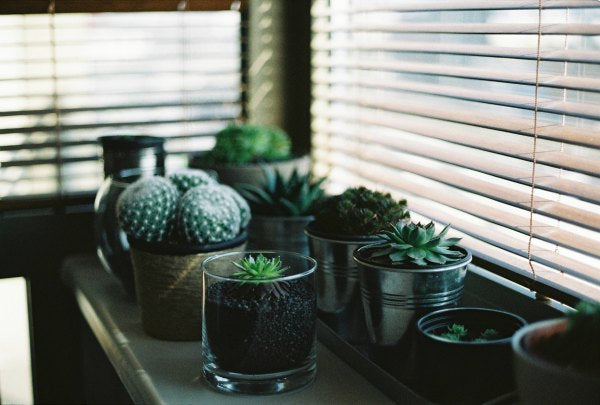
Try Orchids and Succulents as they take in CO2 and release oxygen a night time, refreshing the air as you sleep. Jasmine is also recommended for the bedroom as it has been shown to reduce anxiety levels, leading to a greater quality of sleep.
For the kitchen
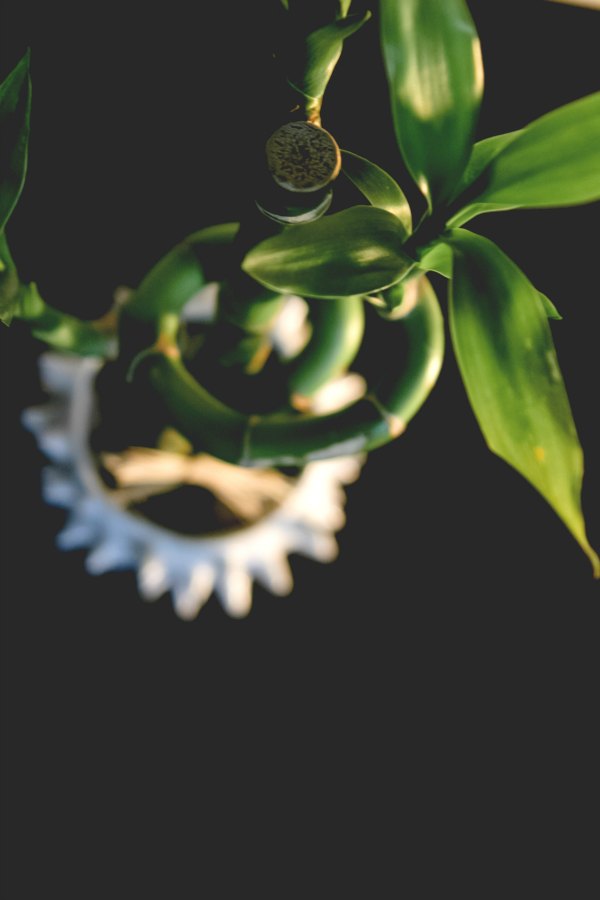
The Bamboo Palm is part of the NASA’s list of the best plants that serve as air air-purifiers, particularly good at cleansing the air of benzene which can be released during use of gas, so perfect for the kitchen.
For the bathroom
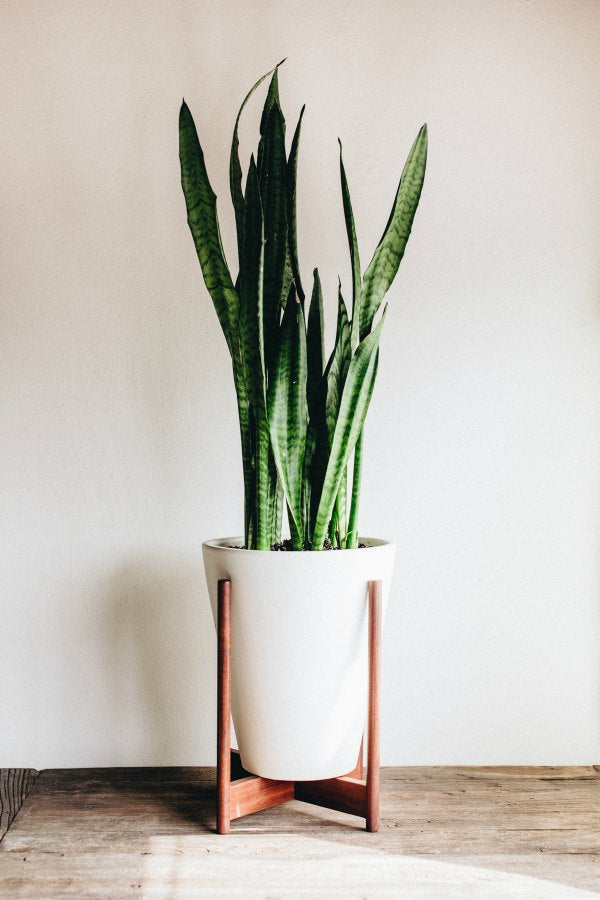
A Peace Lily plant adds an elegant touch to your bathroom and helps to remove any mould from the air, reducing the likelihood of damp forming. Mother-in-law’s tongue (or snake plant) is another great addition to the bathroom, one of the best for filtering formaldehyde, common in cleaning products, toilet paper, tissues and personal care products. (Image courtesy of Modernica)
For the laundry room
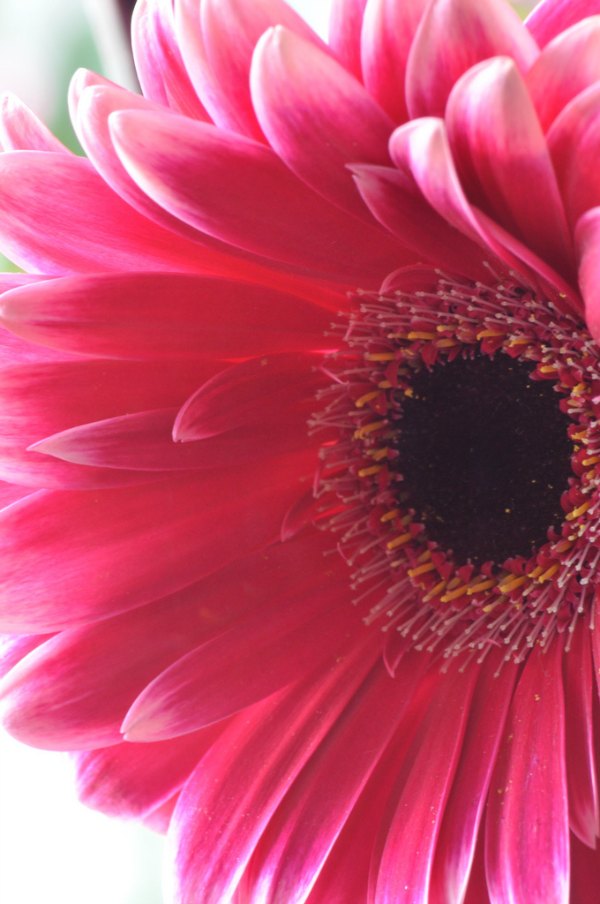
The Gerbera daisy is great for removing trichloroethylene, which may come home with your dry cleaning, and benzene, that comes with inks. But it does need a lot of light- 6 hours a day is recommended.
For anywhere
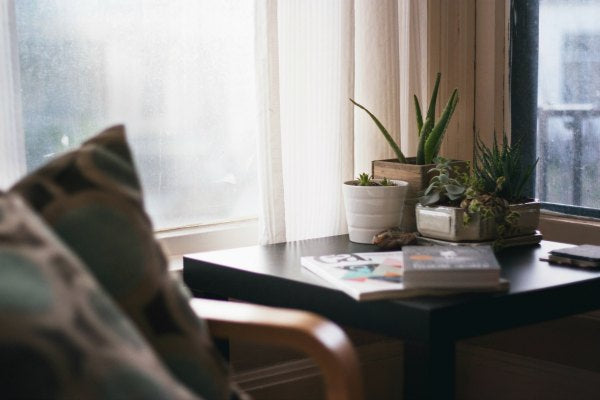
Chinese evergreen is known as one of the easiest houseplants, thriving in low light and humid air, it helps to filter out a variety of pollutants and toxins from the air.

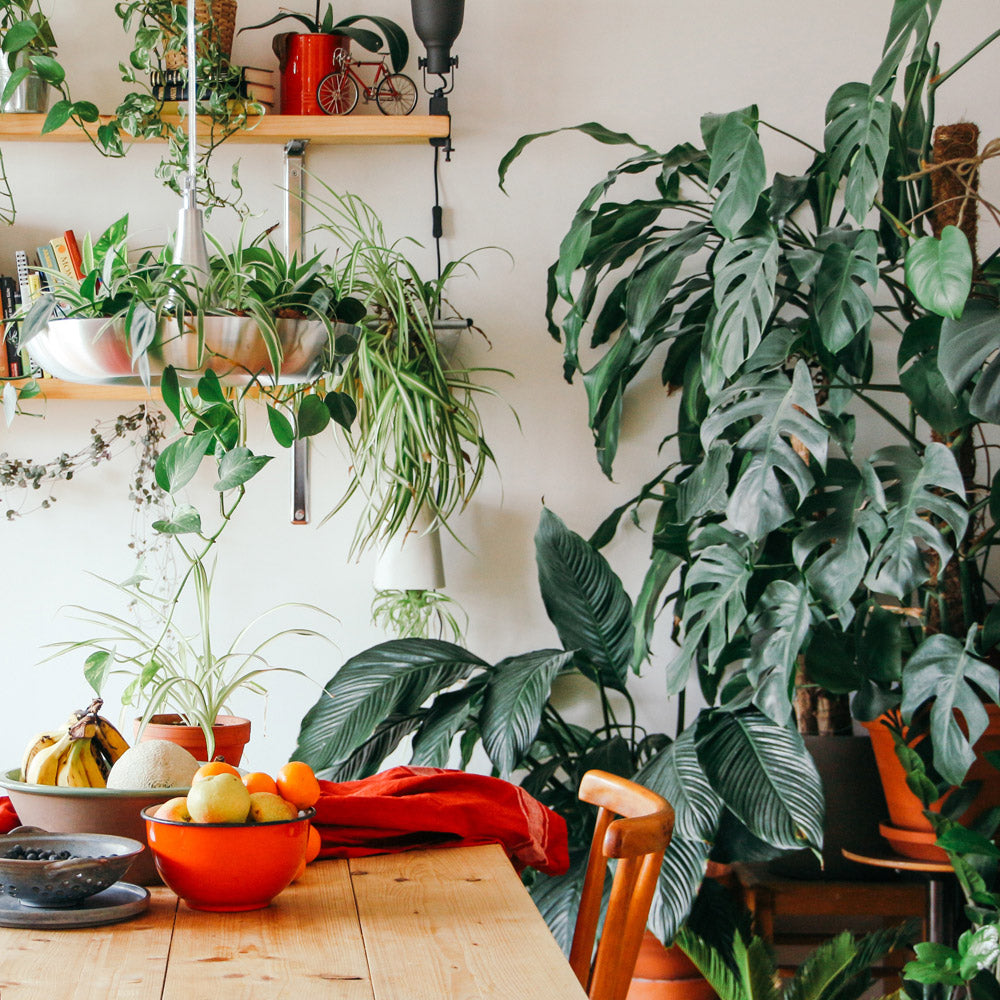
Leave a comment